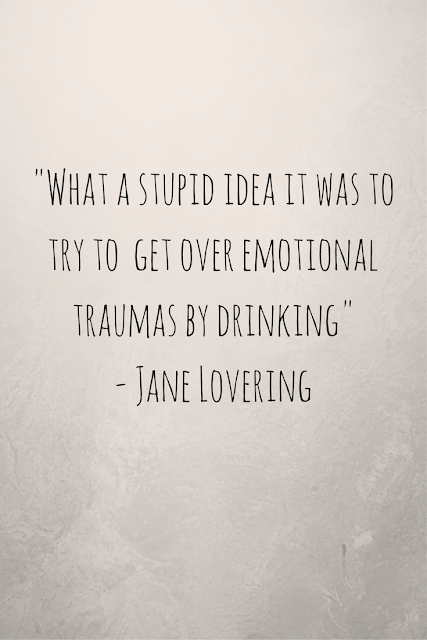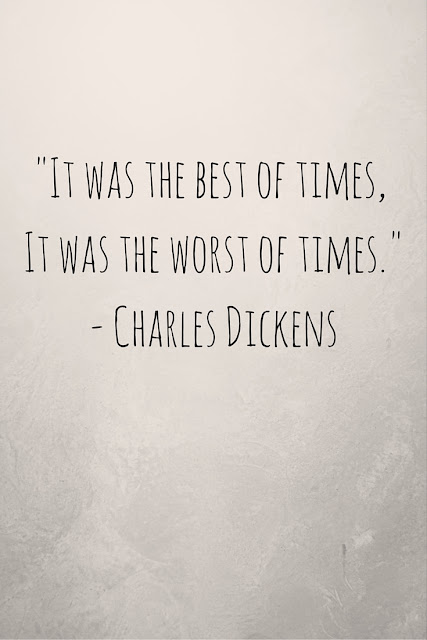Ah, the oft-forgotten third author in the Bronte family. Up until I was 18 I had no idea that Emily and Charlotte had a sister who also wrote a novel, and I reeled in shock at the fact of it. I found The Tenant of Wildfell Hall in a dusty paperback exchange store in Bognor Regis a couple of years ago, and treasured it by forgetting that I ever owned it until a few months back. I've really been getting back into Victorian fiction at the moment, and, as I'm still a little intimidated by Villette, I decided to go for the only other unread Bronte book on my shelves. Despite loving Jane Eyre and Wuthering Heights, I really didn't have great expectations (oh the Victorian literature puns coming out in this post) for The Tenant of Wildfell Hall. Mostly if I'm honest because I've never heard about it, or never heard it discussed in a literary manner.
I'm now feeling genuinely disappointed that this book isn't discussed with more frequency and vibrancy. Like her sisters, Anne challenges the notion of what is allowed within the confines of being a proper woman, and creates an image of a heroine we cannot help but love, even if she doesn't bear an exact resemblance to the ideal Victorian woman. Much like her sisters' novels, this also contains a metanarrative, taking us back to a past which completely alters our perspective on the present, and I love it.
Helen Huntingdon, our heroine, moves to Wildfell Hall and is at once the target of many a rumour. Clad in mourning garments and never letting her son out of her sight, Helen spikes everyone's curiosity with her refusal to attend church and strange relationship with the owner of Wildfell Hall. Many of her neighbours think it unwomanly to be living alone in a house owned by a man when she has no husband, and rumours about her sexual licentiousness abound.
Helen hardly helps the matter, with her vague answers to the neighbours' questions about her past, and her refusal to pay social calls on the other ladies. She even seems unwilling to attend parties and gatherings she is invited to, much to the shock and insult of the local ladies.
Gilbert Markham however, gives the lady a lot more credit than his comrades, and decides to get to know her a little better. With her natural grace, good lucks and intelligence he begins to fall for her, but she insists that she can never return his affections. Confused and insulted, Markham begins to believe the rumours about Helen; that is, until she sets them straight with a written account of her past.
You see, Helen is in fact not a widow, but a runaway bride. In leaving her husband, and taking their son in this way she has not only violated English conventions, but also laws. An abusive marriage takes its toll on young Helen, who avoided the advice of her wise aunt regarding her choice in husband. This aunt speaks out and instructs her not to follow only her heart, or wealth, or whims, but discover who a man really is, what his intellect is like, and what kind of husband he would be before marriage. Helen believes she will do so until she meets Huntingdon, and falls in love immediately. She casts off the practical feminist advice of her aunt and marries him quickly and without much thought for the future. All too soon she realises her mistake.
For many critics, this is one of the first feminist novels, and I can see why. Helen was an example to all women out there during the Victorian period, showing that abandoning a vicious husband does not mean one has to abandon their morality or hopes of a heavenly afterlife. Helen is blameless in the entire affair, and piece by piece we learn how faith kept this strong woman upright in a time of peril.
Have you read it? What did you think?




















